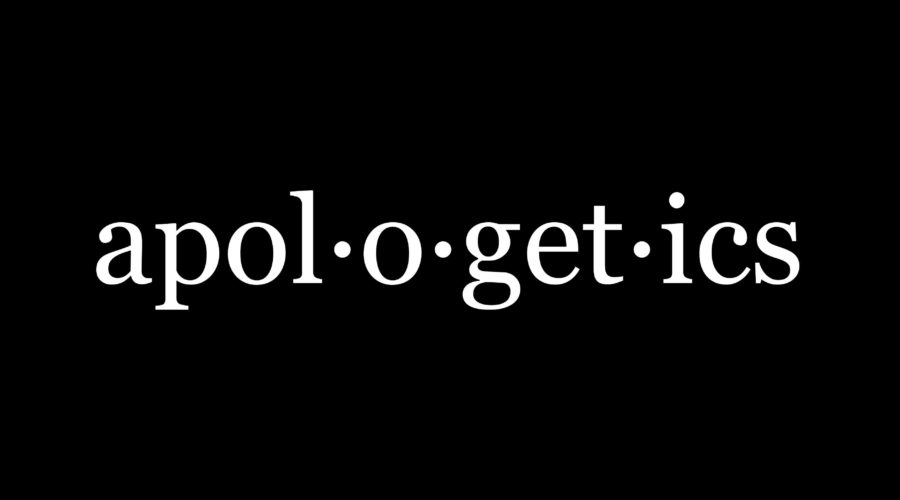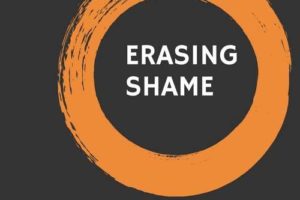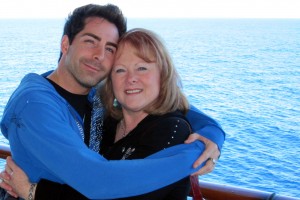After studying under Biola’s apologetics program and then becoming a theology major there, I have felt the tension between the two fields. Apologetics sounds like theology but really feels like philosophy, whereas theology typically doesn’t sound or feel like either. After wondering whether my years of apologetics training were actually fruitless attempts to create an idol from human reason, as some of my fellow students suggested, or whether my theology training would leave me ill-prepared to evangelize to hardcore skeptics, I have settled on this: apologetics can be extremely helpful, but is not at all necessary.
Christian apologetics is the phrase used for something like “presenting a winsome case for the Christian faith with evidence and arguments.” There are two main ways that this manifests: classical and presuppositional apologetics, but all kinds of apologetics have the same goal: make a case for doubting believers and unbelievers that Christianity is true without relying on faith or special confidence in the Bible. In this post, I will make a case for classical apologetics since that is the most common form of it. Proponents of this apologetic include Frank Turek (I Don’t Have Enough Faith to be an Atheist), Lee Strobel (The Case for a Creator), and Biola Professors William Lane Craig and J.P. Moreland.
After studying and practicing apologetics for about 8 years now, I have come to think that it should be used for the personal edification of some doubting believers and should otherwise be held in reserve until an unbeliever makes an objection, or unless the evangelist finds herself in a position where a piece of evidence or argument is helpful to bring the unbeliever’s attention back to the gospel message. I have also seen that some theologians and Bible/theology students have unfairly miscategorized apologetics to actually seek to produce faith–a prospect that I have not heard any modern Christian apologist suggest as actually possible. Apologists are spiritual mentors, guiding their interlocutors down the path of truth most familiar to them so as to take down barriers between the heart of the unbeliever (or the doubting believer) and lead them into the full confidence of the gospel.
Some of the biggest names in Christian apologetics use the evidence/arguments as a spiritual exercise to supplement mere trust due to difficult anxiety disorders that can make doubt crippling. Many critics of classical Christian apologetics do not consider this in their criticisms. These apologists really do believe in Jesus, not just the evidence/arguments, but they genuinely think that it is ultimately convincing and withstands the harshest criticisms–as we should, as well!–and thus, the evidence and arguments serve as useful crutches, not as a foundation.
Some theologians, notably Karl Barth, have taken issue with the whole enterprise of apologetics, calling it only useful for those who are anxious “about the victory of the gospel” since it supposedly treats unbelief and belief as equals in a debate, the former possibly overtaking the latter. Barth was also concerned by the fact that divine judgment is not the arbiter in apologetics–after all, how could it be? the whole project is bound to the scope of reason and evidence. Barth figured that the only scripturally permissible room for an apologetic is simply the faithful proclamation and practice of the Word of God.
Barth’s biggest critique of Emil Brunner’s apologetic, a Protestant liberal theologian who represented nearly everything Barth was against, was that he relied heavily on Natural Theology (the idea that we can know about God from what we see, understand, and experience in nature based on our human faculties alone, i.e., without Jesus or the Bible) and not on divine judgement. Brunner’s point of contact was the idea that believers can make a point of commonly understood natural knowledge with unbelievers and, step-by-step, win them over to agree with Christian doctrine. No divine proclamation or judgment necessary.
As a reformed student in-line with a ‘Barthian’ way of thought, I will affirm with Barth that Christian apologetics is not a theological task and it will never be (many classical apologists will disagree with this claim) since I think the only things that we can know of God are those things which are revealed in Jesus Christ and in the scriptures, and that nature reveals nothing at all to us about God’s nature or attributes at a cognitive level, in a way that we would comprehend it. However, apologetics has a distinct role in the church to answer questions and avoid rabbit trails in evangelism, while also providing comfort to so many of our doubting brothers and sisters, though not all doubt, of course, is remedied by arguments and evidence.
That said, as a parting word on evangelism, I am fully confident that the theology student has everything to be fully equipped to share the good news with the most intellectual atheist without taking an apologetics course, as does the elderly woman in your church who lost her husband, and the child who lost a grandfather, and the farmer that has been through times of drought and plentiful rain. It is God who determines whether the gospel in the context of hope in suffering, for instance, will bring around the most militantly skeptical atheist. Nevertheless, there is a clear and helpful use for apologetics, but it should be used as a crutch and never as a foundation. It is not sufficient for belief, not necessary, but it can certainly serve a helpful ministerial purpose.





Leave a Reply
Your email is safe with us.